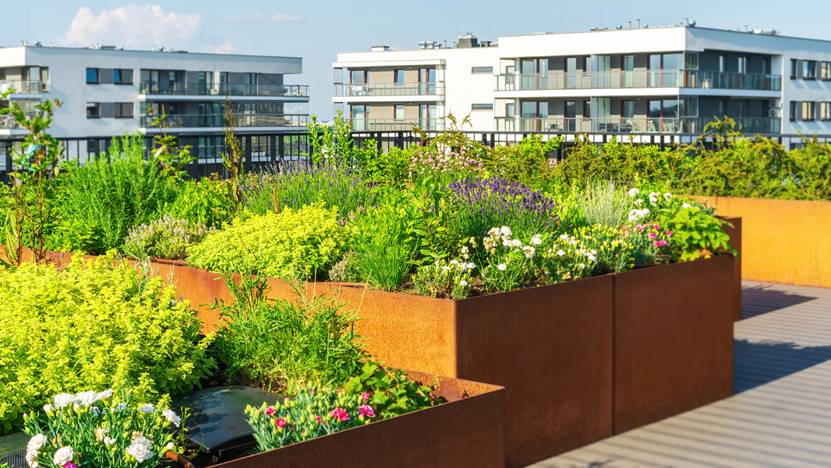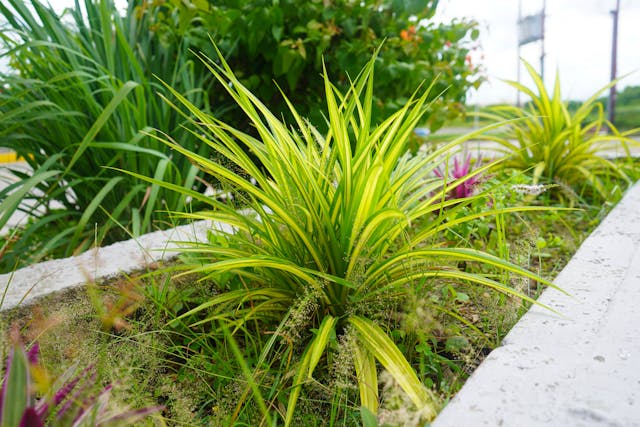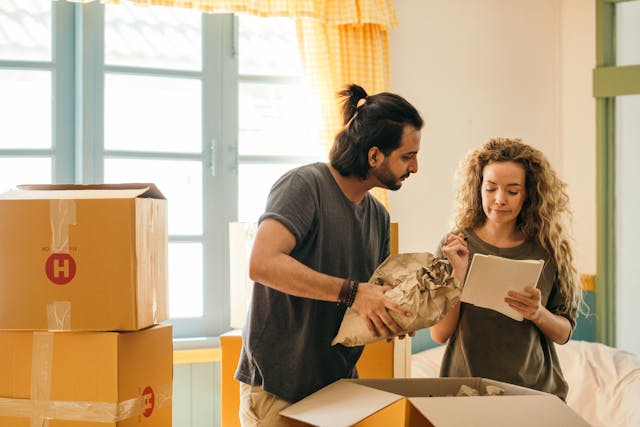Gardening is more than food or flowers. It is a way to connect with nature and add life around you. In today’s world, we hear about climate change, less wildlife, and fewer resources. Your garden can help. The choices you make in your yard or even on your balcony can save water, feed pollinators, and cut waste.
Eco-friendly gardening is not about strict rules. It is about working with nature, not against it. For beginners, this may seem hard. But small steps make a big impact. With simple care and planning, you can grow a garden that helps the planet. At the same time, you enjoy fresh food, clean air, and natural beauty.
Start with Healthy Soil
The foundation of any garden is its soil. Healthy soil is alive with microorganisms, worms and fungi that help plants grow strong. Instead of using chemical fertilizers that can harm ecosystems and pollute waterways, focus on building nutrient rich soil naturally.
Composting is one of the best ways to do this. By collecting kitchen scraps like fruit peels, coffee grounds and eggshells and yard waste like leaves and grass clippings you can create a free source of organic fertilizer. Compost feeds your plants and improves soil structure, retains moisture and reduces household waste.
If composting feels too big, start small. Even a simple countertop compost bin or worm composting system can give you valuable nutrients for your garden.

Stock photo via Dreamstime.com
Choose Native Plants
One of the easiest eco-friendly gardening tips is to plant native species. Native plants are adapted to your local climate and soil conditions, meaning they require less water, fertilizer, and maintenance. They also provide food and shelter for local wildlife, from bees and butterflies to birds and small mammals.
For beginners, native plants are forgiving because they thrive without much intervention. You’ll spend less time battling pests or struggling with soil amendments and more time enjoying a flourishing, low-maintenance garden. Before planting, research what species are native to your region—your local extension office or native plant society is a great resource.
Conserve Water
Water is a precious resource, and gardening can be surprisingly water-intensive if not managed wisely. Eco-friendly gardeners learn to use water efficiently without sacrificing plant health.
One of the most effective methods is to install a rain barrel. Collecting rainwater from your roof provides a free, natural water source for your garden. Drip irrigation systems are another excellent option, delivering water directly to plant roots where it’s needed most and reducing waste from evaporation.
Mulching around your plants also conserves water by keeping soil cool and moist. Organic mulches like wood chips, straw, or shredded leaves eventually break down, enriching your soil while protecting it. Watering early in the morning or late in the evening minimizes evaporation and ensures your plants absorb the maximum amount of moisture.
Attract Pollinators
Pollinators like bees, butterflies and hummingbirds are vital to healthy ecosystems. Without them many fruits, veggies and flowers wouldn’t exist. Creating a pollinator garden is not only beautiful but necessary for biodiversity.
Planting a variety of flowers that bloom throughout the growing season means pollinators have a constant food source. Don’t use pesticides, they harm beneficial insects. Instead encourage natural predators like ladybugs and lacewings to keep pest populations under control.
Add features like shallow water dishes, bee hotels or butterfly puddling areas and your garden will be a haven for pollinators. In return they’ll help your plants thrive.
Grow Your Own Food
There’s nothing more rewarding than harvesting veggies or herbs from your own backyard. Growing your own food reduces your reliance on grocery store produce which often travels thousands of miles and requires a lot of packaging. It also cuts down on chemical pesticide and fertilizer use when done organically.
For beginners start small with easy to grow crops like lettuce, tomatoes, cucumbers or herbs like basil and mint. Container gardening is perfect if you have limited space – you can grow herbs on a windowsill, peppers in pots or strawberries in hanging baskets.
Growing your own food connects you to the source of your meals and teaches you about seasonality, sustainability and the effort that goes into producing what we eat.
Reduce Chemicals
Conventional gardening uses synthetic fertilizers and pesticides but these can harm ecosystems, pollute groundwater and harm beneficial wildlife. Eco gardening uses natural alternatives.
For pest control, companion planting is a game changer. Marigolds repel nematodes and aphids, basil near tomatoes helps deter pests. Neem oil and insecticidal soaps are organic solutions that work without harming the environment.
Instead of chemical fertilizers use compost, organic mulch and natural amendments like bone meal or kelp. These feed your plants and the soil ecosystem.
Reuse and Recycle in the Garden
Gardening doesn’t have to be expensive or wasteful. In fact many household items can be repurposed into garden tools. Plastic containers can become planters, old pallets can become vertical gardens and glass jars can be mini greenhouses for seedlings.
You can also recycle yard waste creatively. Fallen branches make great trellises, autumn leaves can be shredded and used as mulch. By reusing what you already have you save money and reduce your ecological footprint.
Create Habitat Diversity
A sustainable garden is one that is diverse. Instead of just one type of plant aim to have a mix of flowers, shrubs, trees and vegetables. This diversity mimics natural ecosystems making your garden more resilient to pests and weather.
Adding birdhouses, bat boxes or log piles provides shelter for different creatures. Each species plays a role in the garden ecosystem, from pollination to pest control and encouraging biodiversity creates a balanced thriving environment.
Start Small and Grow
Don’t feel like you have to do it all at once. Beginners start small, with one or two changes and grow from there. Maybe you start with a small compost bin or plant some native flowers in a corner of your yard. As you see the results you’ll be inspired to do more.
Gardening is a journey of learning and experimentation. Mistakes are part of the process and every season brings new lessons. Over time you’ll figure out what works for your space, climate and lifestyle.
The Benefits of Eco Gardening
Eco gardening offers so much more than environmental benefits. It can improve your physical health through exercise and fresh air, reduce stress and foster mindfulness. Harvesting your own veggies or watching pollinators visit your flowers gives you a sense of accomplishment and joy.
Financially growing your own food and reducing chemical use can save you money. Socially sharing your harvest or garden knowledge with your neighbors can strengthen community ties. And most importantly eco gardening empowers you to make a tangible difference in saving the planet.
Final Thoughts
Plants are powerful. Through eco gardening even beginners can make a difference to the planet and create beauty and abundance in their own backyard. From building healthy soil and conserving water to attracting pollinators and growing food the choices you make in your garden have a lasting impact on the environment.
Sustainable gardening isn’t about having the perfect yard its about working with nature. By starting small and growing with intention you’ll cultivate not only a thriving garden but a deeper connection to the natural world. The choices you make today no matter how small will plant seeds of change for tomorrow.




